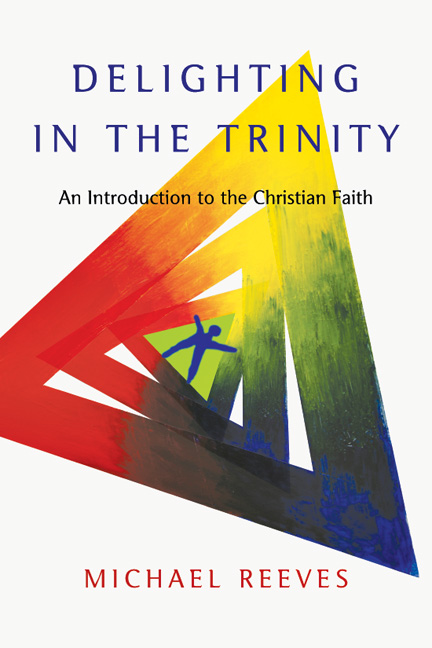 |
| IVP Academic, 2012. 135 pp. |
This book answers the great questions of Christianity through the Trinity. Reeves argues that the dogma of the Trinity sets Christianity apart from other religions; thus, trinitarian living is distinct from other faiths. In five brief chapters, Reeves introduces the doctrines of creation, salvation, and Christian living and shows how the Triune God operates within each aspect of it. His writing is succinct yet full, scholarly yet accessible, and breakout boxes highlight significant figures in church history who have contributed to the historical development of doctrine. Furthermore, the book contains illustrations throughout and is written in a lively and conversational—yet clear—tone.
As the Father, Son, and Spirit have always known fellowship with each other, so we in the image of God are made for fellowship (p. 102)At less than 150 pages, this book is ideal for theological students and laypersons alike who are interested in discovering the heart of the Christian faith and is suitable for small group study, Sunday school classes, and academic courses. It allows those with little theological education to understand and embrace the core of Christianity and how the Trinity makes the difference for Christian thinking and practice. Congratulations to Reeves for providing a wide-reaching, uncompromising gateway into the journey of faith.
(My thanks is given to IVP for providing a complimentary review copy.)
Comments
Post a Comment